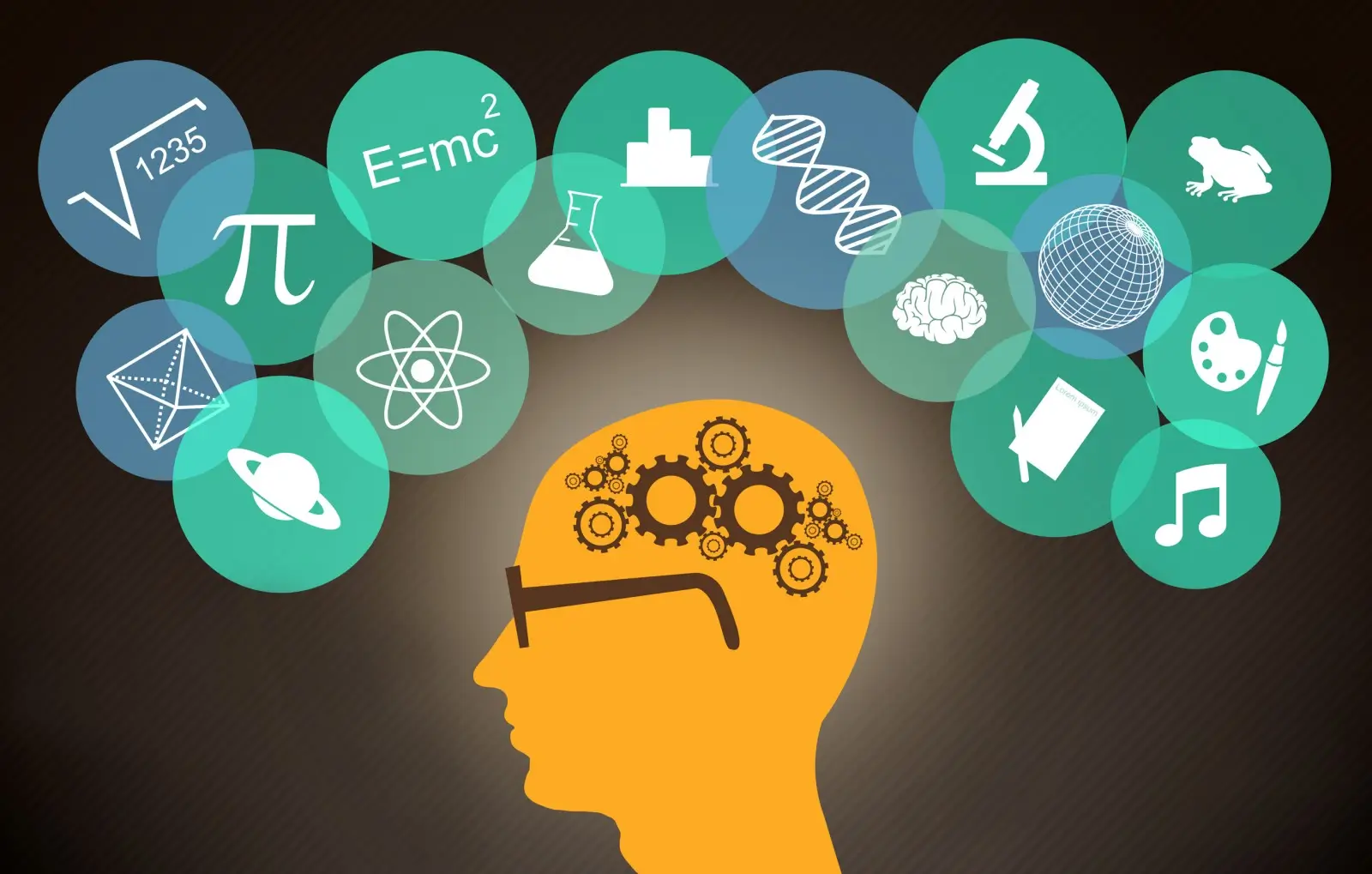
Best Ways to Improve Memory for Studying: Reaching Academic Success
Table of Contents
Overwhelming assignments, high expectations, and continuous pressure cause great mental stress for students. The fast-paced academic scene requires strong memory and thinking processes. However, the capacity to encode facts and achieve educational success might be hampered by academic stress. It means that students should learn good coping strategies and discover the best way to improve their memory for studying. Reinforced encoding helps students to control academic obligations and reach learning objectives.
Using the Pomodoro Technique to Get Beyond Procrastination
One of the challenges most students face is procrastination. However, it is possible to overcome it by using the Pomodoro Technique. Students may stay focused and productive by separating study sessions into 25-minute periods and brief pauses. This methodical technique allows one to manage time and lessen the inclination to put off tasks. Frequent pauses provide continuous attention while avoiding burnout.
Approaching Difficult Ideas Using Mind Mapping
Understanding difficult ideas is much aided by mind mapping. This visual approach makes it simpler to identify hierarchies and connections by building diagrams and linking concepts. Breaking down difficult subjects into smaller, linked pieces helps pupils retain knowledge and simplify their grasp.
Another solution is a stimulative mnemonic such as the mind palace that increases memory and creativity by stimulating both sides of the brain. The approach of mentally connecting new concepts to the known location converted virtually into mind palaces helps with understanding, organizing, and remembering data throughout study sessions.
Sharpening Attention and Fighting Distractions
Mindfulness meditation is powerful in helping one overcome distractions and increase attention. This practice consists of spending a few minutes every day to sit silently, concentrate on your breath, and gently bring your attention back whenever your mind wanders.
In addition, including foods that improve memory and concentration like dark chocolate, blueberries, and fatty fish into your diet can also improve focus and memory. Rich in antioxidants and omega-3 fatty acids, these nutrients stimulate brain function and enable steady attention during study sessions.
Perfect Note-Taking Using the Cornell Approach
The Cornell Note-Taking System turns note-taking into a potent teaching aid. Create three parts on your page: a summary at the bottom, a broad right column for thorough notes, and a narrow left column for significant points. Jot down major concepts and details during lectures, synthesizing your notes. Thus, you gain the capacity to arrange your ideas efficiently. This approach supports learning by offering efficient ways to improve your memory.
FAQ
What are some additional tips to improve memory while studying?
Mnemonic devices, active recall, and frequent pauses aid in improving memory retention.
What are some effective study techniques to improve memory?
Lots of techniques can greatly increase memory. However, mind mapping and the Pomodoro are some of the best tools for learning effectiveness.
Why is memory important for studying?
Studying requires memory as it guarantees retention and access to knowledge, ensuring that acquired knowledge is ready for use.